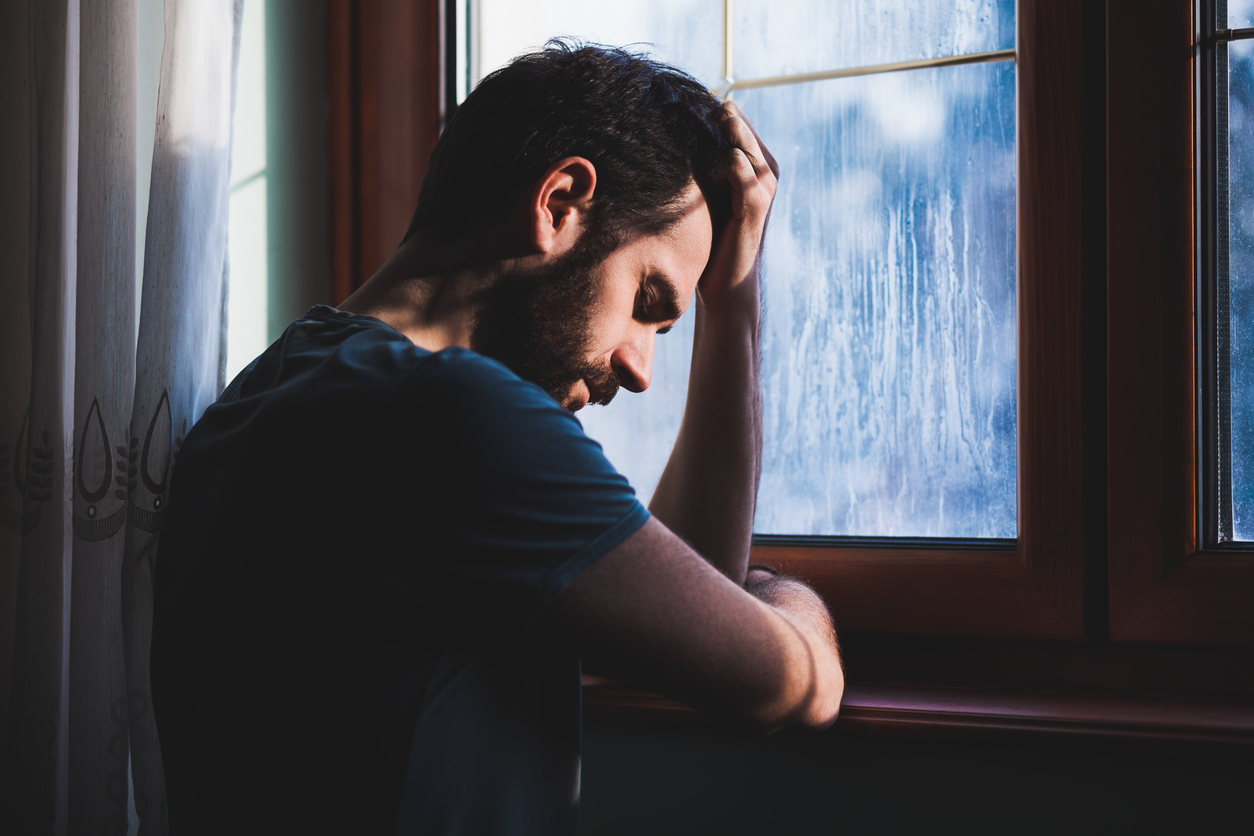Summer Seasonal Depression, or reverse SAD, is characterized by mood changes during summer months. Signs include irritability, insomnia, reduced appetite, and anxiety. Causes may involve increased heat, humidity, and sunlight exposure. Treatments include light-blocking measures, air conditioning, medication, and therapy. Addressing lifestyle adjustments and seeking professional help are crucial for managing symptoms effectively.
Summer is often seen as a time of joy, warmth, and relaxation, but for some, it brings an unexpected sense of gloom.
The longer days and rising temperatures can paradoxically lead to feelings of sadness and anxiety, a condition known as summer seasonal depression.
This article explores summer seasonal depression, including the signs, causes, and treatment.
What is Summer Seasonal Depression?
Summer seasonal depression, also known as reverse Seasonal Affective Disorder (SAD), is a type of depression that occurs during the summer months.
Unlike the more commonly recognized winter SAD, which is triggered by shorter days and lack of sunlight, summer SAD is linked to the increased daylight and heat of the summer season.
Here are the common signs, causes, and treatment for summer seasonal depression:
Signs and Symptoms
Recognizing the signs of summer seasonal depression is crucial for timely intervention and management. Common symptoms include:
- Irritability and Agitation: Individuals may feel unusually short-tempered or easily annoyed by minor inconveniences.
- Insomnia or Disturbed Sleep Patterns: Difficulty falling asleep or staying asleep, despite feeling tired, is a frequent symptom.
- Reduced Appetite and Potential Weight Loss: Unlike winter SAD, where overeating is common, those with summer SAD often lose their appetite.
- Increased Anxiety or Restlessness: Heightened feelings of anxiety and restlessness are prevalent, making it hard to relax.
- Depressive Episodes and Low Mood: Persistent feelings of sadness, hopelessness, or worthlessness can occur, impacting daily functioning.
Causes and Risk Factors
Several factors contribute to the onset of summer seasonal depression:
- Increased Heat and Humidity: High temperatures and humidity levels can lead to discomfort and exacerbate stress, contributing to depression.
- Overexposure to Sunlight: Excessive sunlight can disrupt melatonin production, affecting sleep patterns and mood.
- Disruption of Normal Routines: Vacations, school breaks, and altered daily schedules can cause stress and disrupt normal routines.
- Genetic Predisposition and Family History: A family history of depression or other mood disorders increases the risk.
- Environmental and Lifestyle Factors: Urban living, lack of greenery, and limited access to cooling resources can also play a role.
Diagnosis
Diagnosing summer seasonal depression involves a comprehensive evaluation by a healthcare professional. Key steps in the diagnosis include:
- Clinical Assessment: A detailed medical and psychological history is taken to understand the pattern and severity of symptoms.
- Diagnostic Criteria: Symptoms must align with the DSM-5 criteria for depression and show a seasonal pattern for at least two consecutive years.
- Screening Tools: Questionnaires and self-assessment tools may be used to gauge the level of depression and its impact on daily life.
Treatment Options
Effective treatment for summer seasonal depression typically involves a combination of approaches:
- Environmental Modifications: Using air conditioning, fans, and light-blocking curtains can help manage the impact of heat and sunlight.
- Behavioral Strategies and Lifestyle Changes: Establishing a consistent daily routine, regular physical activity, and maintaining a healthy diet are beneficial.
- Medications: Antidepressants and sleep aids may be prescribed to help manage symptoms.
- Psychotherapy: Cognitive-behavioral therapy (CBT) is particularly effective in addressing negative thought patterns and behaviors.
Coping Strategies
Adopting practical coping strategies can significantly alleviate symptoms of summer seasonal depression:
- Maintaining a Regular Sleep Schedule: Consistent sleep patterns help regulate mood and energy levels.
- Staying Hydrated and Eating a Balanced Diet: Proper hydration and nutrition support overall well-being.
- Engaging in Regular Physical Activity: Exercise releases endorphins, which can improve mood and reduce anxiety.
- Seeking Social Support and Staying Connected: Maintaining social interactions can provide emotional support and reduce feelings of isolation.
- Utilizing Relaxation Techniques and Stress Management: Practices such as mindfulness, meditation, and deep-breathing exercises can help manage stress.
Intensive Outpatient Treatment for Depression
For those struggling with severe summer seasonal depression, intensive outpatient treatment (IOP) offers a structured yet flexible approach. IOP provides comprehensive care, including therapy and medication management, while allowing patients to maintain their daily responsibilities. At Verve Behavioral Health, we specialize in IOP for depression, providing personalized treatment plans to help individuals achieve lasting recovery. Contact us today to learn more about how we can support your mental health journey.
JOIN THE VERVE
Are you feeling overwhelmed and exhausted from the pressures of daily life?
The Verve offers intensive outpatient treatment designed to help you regain control and find balance. Our expert team provides personalized care to address the root causes of burnout and develop effective coping strategies.
Join The Verve today and take the first step toward a healthier, more fulfilling life.
Conclusion
Summer seasonal depression can significantly impact one’s quality of life, but understanding its signs, causes, and treatment options can lead to effective management. If you or someone you know is experiencing symptoms, seek professional help to address this condition. Awareness and proactive care are key to enjoying a healthy, fulfilling summer.


